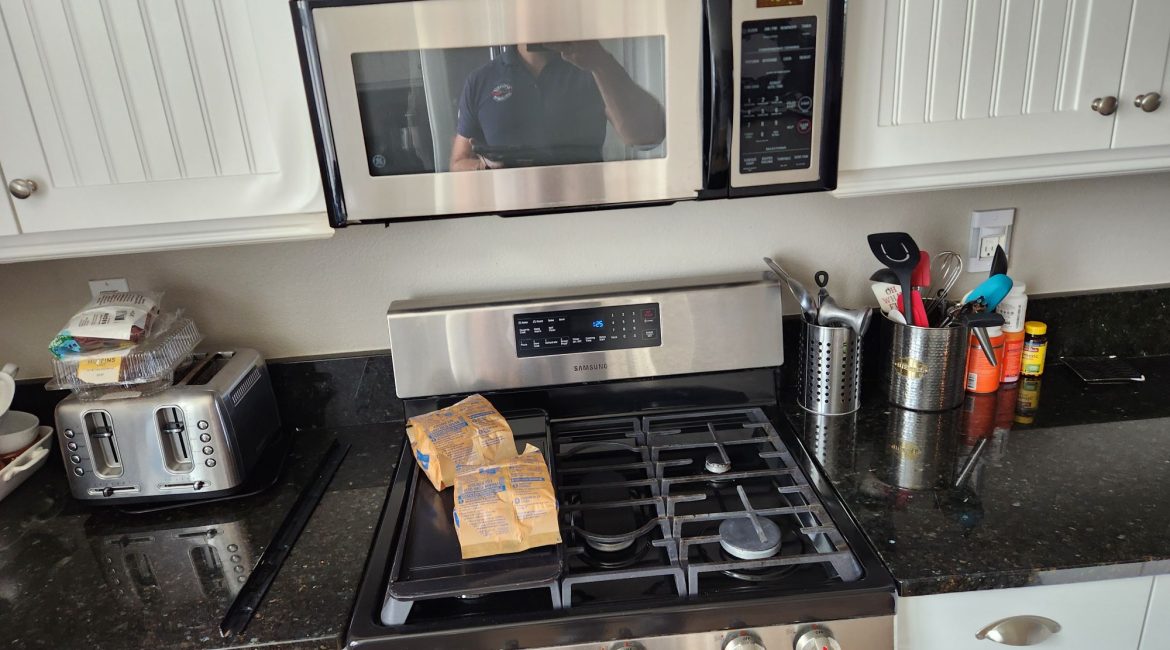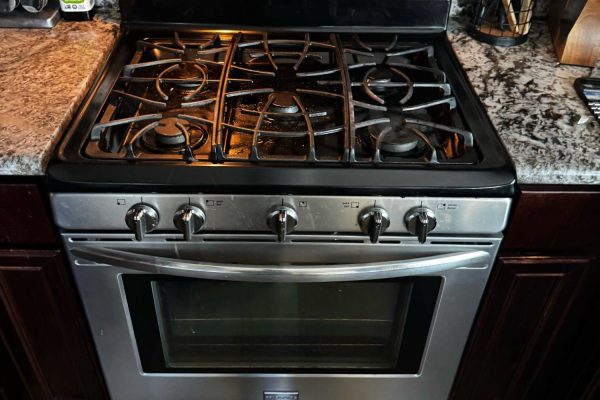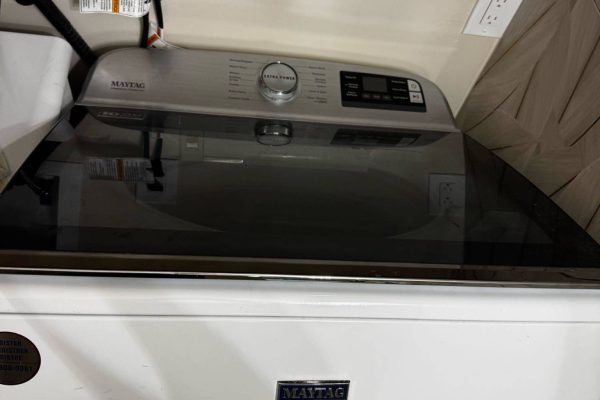Microwave ovens are one of the most convenient appliances in our kitchens, making quick work of heating, cooking, and defrosting. However, if you’ve ever seen sparks flying inside your microwave while it’s operating, you may have found yourself understandably alarmed. While some minor sparking doesn’t always mean your microwave is on the brink of malfunction, it’s important to know what could be causing it. In this article, we’ll explore the reasons behind microwave sparking, discuss when it’s a minor issue versus when it’s a serious problem, and offer tips on preventing future sparks.
⠀
- Metal Objects Inside the Microwave
One of the most common reasons for sparks in a microwave is the presence of metal objects. Metals don’t absorb microwaves the way food or liquid does; instead, they reflect them, which can cause sparking and potentially lead to significant damage.
⠀
– Common Metal Objects That Cause Sparks: Items like aluminum foil, metal spoons, or even certain food wrappers may inadvertently end up in the microwave. Some dishes or cups with metallic trim or patterns can also be culprits.
– What You Can Do: Always check that you’re using microwave-safe containers and dishes. Look for symbols on the bottom of the dish indicating its suitability for microwave use.
⠀
- Faulty or Damaged Waveguide Cover
The waveguide cover is a small piece of material located inside your microwave. It plays an essential role in directing microwaves into the oven cavity, ensuring even heating of food. Over time, splatters from food, grease, and moisture can accumulate on this cover, causing it to burn or become damaged.
⠀
– Signs of a Damaged Waveguide Cover: If the waveguide cover is burnt or cracked, you’ll likely see sparking. Food debris and grease buildup can create a conductive path, which can lead to arcing.
– Solution: Cleaning the waveguide cover and surrounding area regularly can help prevent sparking. However, if the cover is already damaged, it’s best to replace it promptly to prevent further problems.
⠀
- Presence of Food Debris or Grease Build-Up
Microwaves generate heat through the interaction of electromagnetic waves with water, fats, and sugars in food. When food or grease splatters accumulate inside the microwave, it can act as a conductor for these waves, potentially causing sparking.
⠀
– Common Culprits: Popcorn, sauces, and oily foods are particularly prone to splattering.
– How to Prevent Sparking from Food Debris: Clean the interior of your microwave regularly. Use a microwave-safe cover or plate to cover food while cooking, especially if it’s likely to splatter. This can help keep the interior clean and prevent conductive debris from causing sparks.
⠀
- Damaged or Worn-Out Components
Over time, components within a microwave, like the stirrer fan, turntable motor, or magnetron, can wear out. Damage to these internal parts can lead to arcing or sparking.
⠀
– What to Watch Out For: Unusual noises, uneven heating, or persistent sparking may indicate worn or damaged parts inside your microwave.
– When to Seek Help: If you suspect that internal components may be causing the sparking, it’s best to have a professional technician inspect your microwave. Attempting to fix internal parts on your own can be dangerous, as microwave components carry high voltage even when unplugged.
⠀
- Using Utensils or Dishes Not Meant for Microwave Use
Some dishes and utensils that look microwave-safe may contain traces of metal or materials that aren’t compatible with microwave energy. For example, certain plastic containers may not be safe for microwave use and could become damaged or cause sparking if overheated.
⠀
– How to Identify Safe Dishes: Look for a “microwave-safe” label on containers. Generally, glass, ceramic, and microwave-safe plastics are the best choices.
- Faulty or Worn-Out Door Seals
The door seals on your microwave are critical for ensuring that electromagnetic waves remain contained within the appliance. Over time, seals can wear down or become damaged, causing sparking around the door area.
⠀
– Indications of Worn Seals: If you notice sparking around the door, it could mean the seal isn’t working effectively. It’s crucial to get this checked, as microwave leakage can pose safety hazards.
– Solution: If you suspect a problem with the door seals, don’t attempt to fix it yourself. Reach out to a professional for assessment and repair.
⠀
- Power Supply or Electrical Issues
In rare cases, issues with your power supply or electrical outlets can cause sparking or arcing within a microwave. This is usually due to faulty wiring or an overloaded circuit, which can result in power surges.
⠀
– Warning Signs: If you’ve experienced other electrical issues in your home, such as flickering lights, it may be worth having your electrical system inspected.
– Solution: If your microwave’s sparking is due to electrical issues, it’s best to consult a licensed electrician to rule out any home wiring problems.
⠀
How to Prevent Microwave Sparking: Key Takeaways
– Avoid placing any metal objects in the microwave, including foil, metal-trimmed dishes, or utensils.
– Clean your microwave’s interior regularly to avoid build-up of food particles and grease.
– Use only microwave-safe containers and utensils.
– Inspect your microwave’s waveguide cover periodically and replace it if you notice any damage.
– If you encounter persistent sparking, have your microwave checked by a professional technician.
⠀
When to Call a Professional
While some sparking issues can be resolved with simple cleaning or removing metal items, persistent sparking or other issues indicate that it’s time to call in a professional. The experienced technicians at Poway Appliance Repair Service Center can diagnose and repair microwave issues, ensuring that your appliance is safe and functional. Don’t delay in getting your microwave checked if sparking is becoming a recurring issue – it’s always better to be safe than sorry.
Contact us


